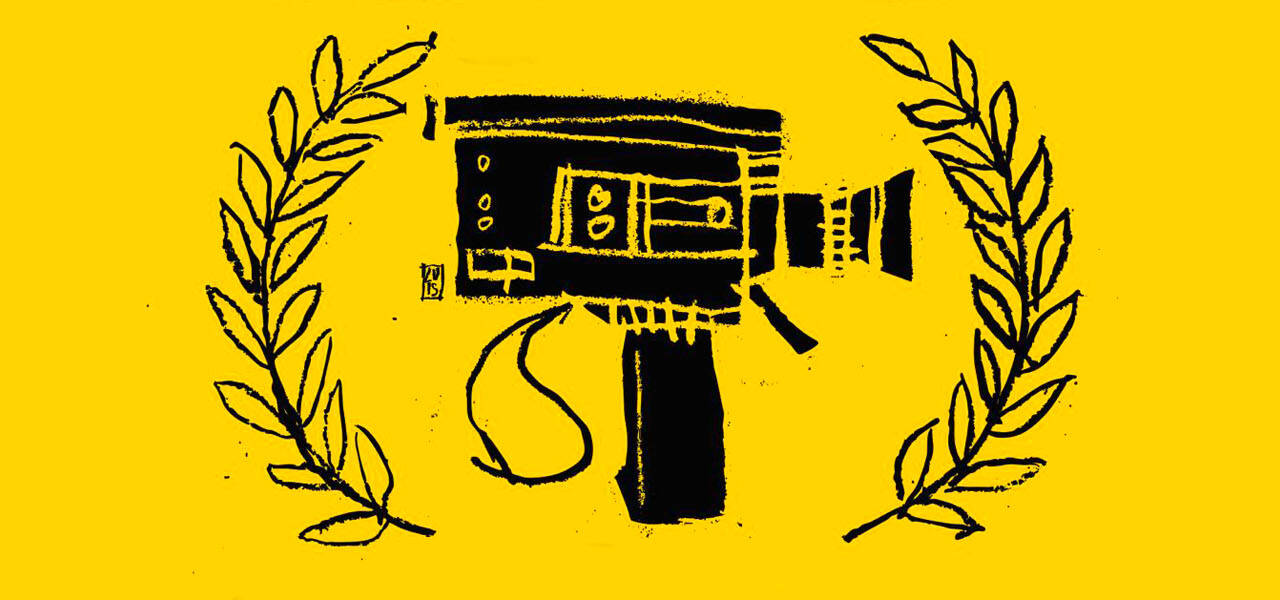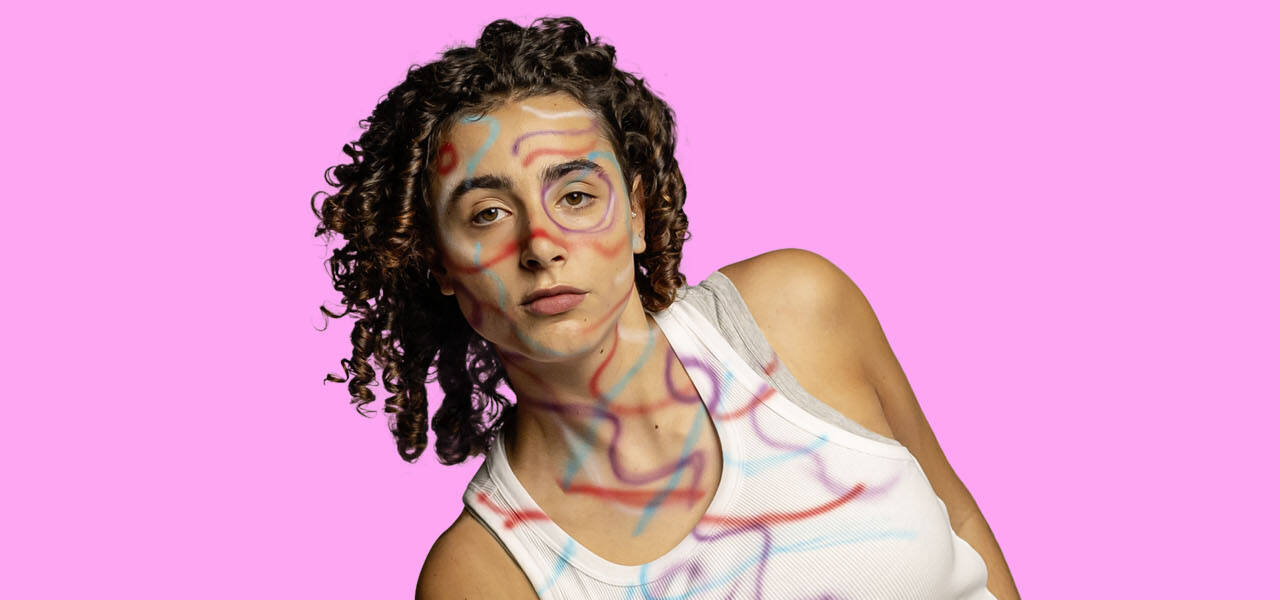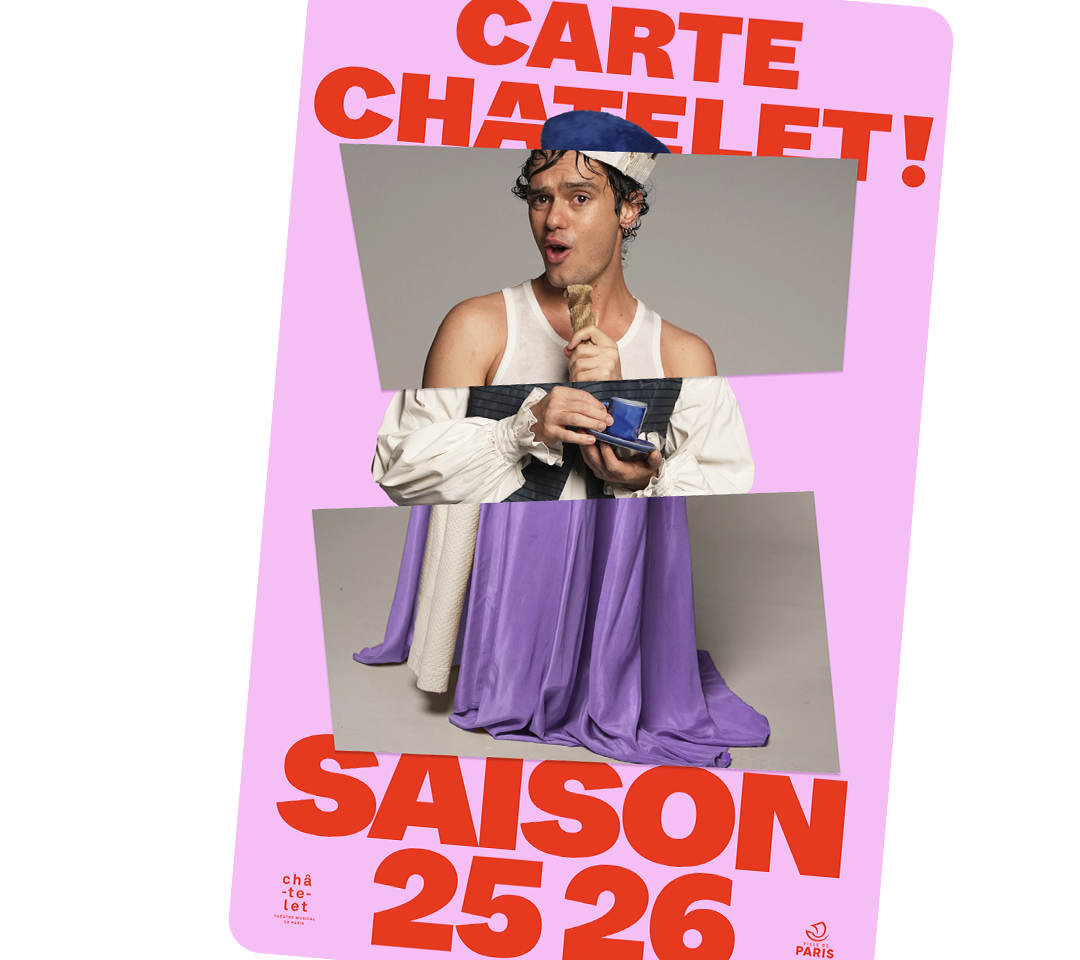It all began in the early 2000s with the B BOY TV show and the first short films shot during international gatherings. Awarded abroad but misunderstood in France, we appeared as “UFOs” in an overly traditional cinematic landscape.
In its early days, the festival reflected a reality that was largely ignored: filming the street, its practices and its stories, in a context where resources were scarce and attitudes often suspicious. This cinema did not speak of hatred, but rather observed it, before ending on a note of love and hope.
François Gautret founded RStyle in 1999 and, alongside Hayette Fellah in 2005, they organized the very first screening of the Urban Films Festival. Thirty-five films, thirty-five different perspectives on the city: a shockwave for the public and the press.
In October 2005, the MK2 Stalingrad cinema hosted the first edition: a seminal moment that finally opened the doors to a youth that had previously been kept at a distance, reconciling the street and the cinema. Very quickly, the festival spread to the four corners of the world and became a benchmark in terms of urban cinema.
Twenty years later, technological accessibility has opened up the camera to everyone: filming is no longer a privilege, but a possibility for everyone. The UFF has kept pace with this evolution by transforming itself: it is no longer just a venue for screenings, but a true platform for experimentation. Between hybrid shows, immersive cinema, and original performances such as the Hip Hop 360 Show, the festival explores new ways of experiencing and sharing urban cinema, always in tune with the times.
But the UFF has not forgotten its roots: it continues to screen films in working-class neighborhoods, at 104 or in the open air, to change mindsets without ever reducing the street to an “elsewhere.” Here, there is no hierarchy: the neighborhoods remain at the center. The festival acts as a bridge between social and artistic worlds, connecting the professional world of cinema with semi-professional and self-taught creators.
Thanks to its strategic partnerships, its influence extends internationally, from Montreal to Nouméa, from Los Angeles to Paris: but its mission remains the same as it was on day one, to show, understand, and transmit urban cinema, everywhere and for everyone.
Animation
La Petite Ancêtre | Alexa Tremblay-Francœur
Layla | Oscar Baron, Emma Ferréol, Rachel Gitlevich, Diego Hernández-Blanco, Lucille Reynaud, Narda Rodriguez
Documentaire
Ali | Julien Soulier
Campanita, la fée clochette | Julie Bonan
Fiction
Le Génie | Enricka M. H.
La Nourrice | Romain Epstein
Performance
Bolero.s | Mehdi Kerkouche
Utah by Dance Cinematic | Han Yang


